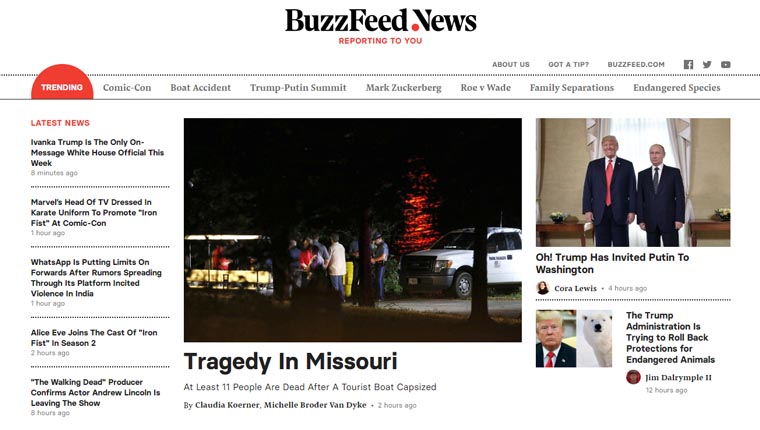Political Headlines – Custom’s proposals, second referendum, anti-Semitism
Today’s Political Headlines include Barnier rejecting May’s customs proposals, support for a second referendum and the Shadow Cabinet rebelling over antisemitism defintion.
Barnier rejects May’s customs proposals
The Guardian reports that the EU’s chief Brexit negotiator, Michel Barnier, has rejected Theresa May’s proposals on customs, effectively killing off her Chequers plan. He also warned that attempts to go behind his back and appeal directly to EU leaders would be a waste of time, but said that the was ‘pleased’ with the progress of discussions on foreign policy and security. The BBC adds that May is in Austria today to hold Brexit talks with the country’s Chancellor, Sebastian Kurz.
Majority now back second referendum, poll finds
According to a YouGov poll for The Times, the proportion of voters backing a referendum on the terms of the Brexit deal has overtaken those who don’t. The poll also shows a narrow lead in favour of remaining in the EU if a referendum on membership was held tomorrow.
Shadow Cabinet in ‘open rebellion’ over antisemitism definition
The Daily Telegraph says that members of Labour’s Shadow Cabinet are in ‘open rebellion’ over Jeremy Corbyn’s failure to accept the international definition of antisemitism. Deputy Leader Tom Watson has warned that disciplining Dame Margaret Hodge for calling Corbyn antisemitic is ‘counter-productive’, while Shadow Health Secretary Jon Ashworth and Shadow International Trade Secretary Barry Gardiner have also been critical.
Private probation firms face early contract termination
The Guardian says that the eight private firms running ‘community rehabilitation companies’ in England and Wales are to have their contracts terminated two years early, in 2020, abandoning reforms introduced by Chris Grayling. Justice Secretary David Gauke claimed that the reforms were ‘ambitious and innovative’ but there were ‘clear lessons that need to be learned’.
McVey urges teenagers to get summer jobs
Writing in The Daily Telegraph, Work and Pensions Secretary Esther McVey has claimed that a decline in the number of teenagers taking summer jobs is leaving people unprepared for the workplace. She is launching an initiative to improve ‘essential skills’ by advertising 20,000 holiday jobs on a Government website.
Medical cannabis to be available on the NHS within weeks
The Daily Mirror reports that Home Secretary Sajid Javid has confirmed that medical cannabis products will be available on prescription from the NHS within weeks. This follows the high-profile case of the epileptic child Billy Caldwell, whose medical cannabis was seized by the Home Office, leading to reviews of the drug by the Advisory Council on the Misuse of Drugs and Chief Medical Officer Dame Sally Davies.
Home Office suspends co-operation with US in jihadi case
The Guardian says that the Home Office has temporarily suspended co-operation with US authorities over the case of two British jihabis facing execution in the country, following a request from a legal representative of the family of one of the detainees, in order to allow for a ruling by the courts.
New business envoy appointed
The Financial Times reveals that Theresa May has appointed a new business envoy, whose role will be to strengthen links with British companies and foreign investors. The post, which has been vacant for a year, will be held by William Vereker, a former executive at UBS who has also worked at Morgan Stanley, Lehman Brothers and Nomura.
Need help navigating the political landscape? Find out more about Vuelio Political Services and how they can help you.



























